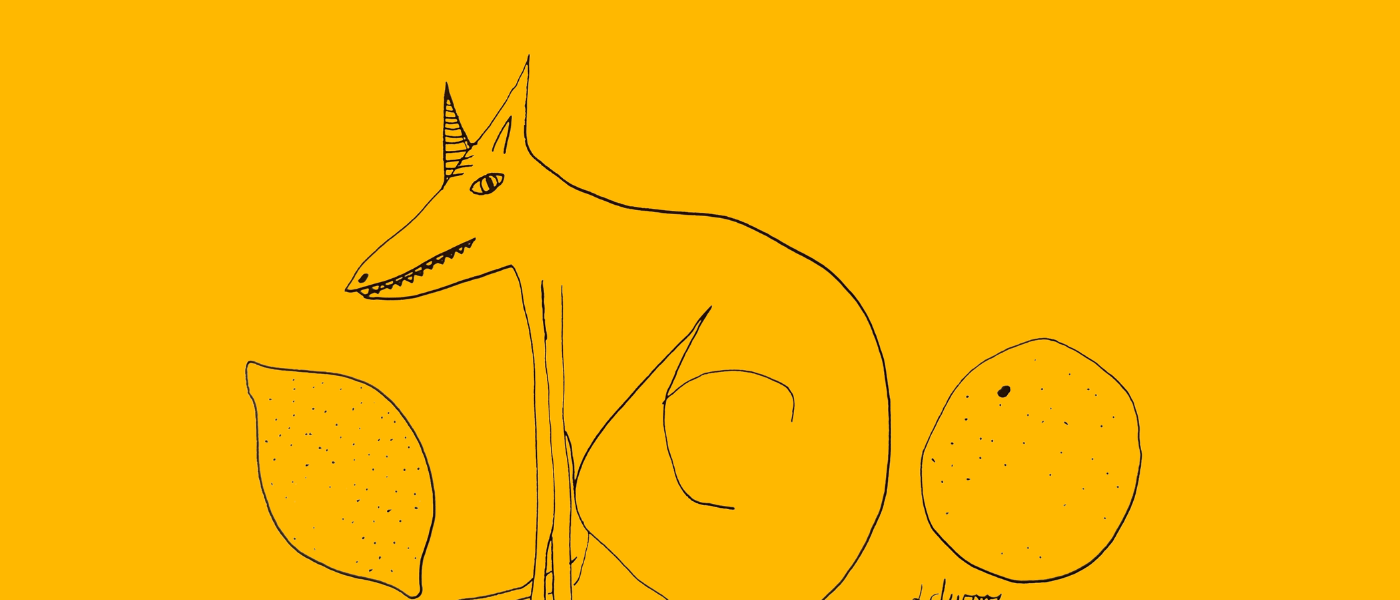In a previous post, I wrote about being a little mouse and how it has been wasting my headspace and energy. Back when I began this self-work, I tried to figure out what underlying fear was keeping me quiet. I figured that the fear holding my tongue was mostly down to something really simple; fear of looking silly. Or inadequate. Or not ‘valuable’. I was attempting to control my behaviour in order to perform flawlessly in different situations. Of course, this idea of flawless was decided by me and was probably often inaccurate. It also had the effect of keeping me quiet as that was easier than dealing with the self-criticism if I said something which I decided sounded stupid/ irrelevant/ inconsiderate/ blah blah blah.
I realised to help ease this anxiety I needed to try and practice letting go of the control. I was trying to control what I said, how I sounded, how I behaved, in order to avoid those fears coming true. Were people even really
I did some research, starting by looking at different speaking courses. They looked interesting, but they also looked like things that I knew I could already do. I worked as a teacher in China for a year (usually teaching 80 students at a time), I spent two years running workshops and assemblies with high school students, and I have other speaking experience from doing a Masters (including performing in The Vagina Monologues – photo evidence below).
I needed something different. I wanted to find a way to speak up without the preparation and actually increased focus on
Claire runs a few different workshops, some as short as an afternoon as well as longer courses. There are a few different ‘levels’ depending on where you are at, starting at her ‘breakthrough’ course, to performance courses. I took part in the twelve
I was very nervous-excited for my first session. Our small group met in a church hall in central London. Some of us sat in a circle, waiting for the rest of the group to arrive. No one spoke, which I remember finding amusing and wanted to make a joke about it but wasn’t brave enough. I felt like there was a harsh light being shone on my insecurities, which made speaking in that circle extremely difficult. In fact, I experienced that for the first few weeks of the course. In being vulnerable and sharing the things I find hardest, it became harder to speak up because I wasn’t faking that everything was okay. I have a similar problem with writing this blog and sharing it with my colleagues. It is one thing to be vulnerable and work on things that scare you without telling people you are doing it, but another to tell everyone and feel even more exposed. Anyway, I digress…
How the Finding Your Voice course helped me:
- You got to practice actual speaking techniques, such as vocal exercises to get your voice to carry and sound stronger, which can be affected if you’re feeling anxious
- We learnt breathing techniques, to help in those moments of panic
- We practised speaking spontaneously, for example standing in front of each other and saying the first thing that came to your mind. This sounds so simple, and it is, but this is really scary for people who don’t want to let go of control and want to plan what they say
- For some of the sessions, we got to dress up and act out scenes from a story, with just a few minutes to practice. Some people found that the costumes helped them to let go and speak more freely and confidently (I actually found it harder as I felt so silly, but I did enjoy it)
- We each got an opportunity to spend focused time on our personal scenario that had lead us to get help in this course, really breaking down the thoughts and resulting physical processes which take place in those situations (for example presentations at work, meetings, lectures at university)
Something interesting also happened to me during this time period – I didn’t have one migraine (I usually get them pretty frequently). I felt less stressed. This might be a coincidence – it was spring/summer and (for me) generally a more relaxing time of year. However, I think having these two hours each week, where time was spent on breathing exercises, reflection, and play, had a really positive impact on my life in general. I actually used to fall asleep on the hot tube on the way to the session (it was a hot summer for London in 2018!) but be extremely energised by the end of the two hours.
I got particularly excited by the improvisation part of the course. It absolutely terrifies me, but I think the regular practice of letting go of control, being up for failure, and excited for interactions with others, can help me and others hugely. In April I will be joining Claire’s twelve-week improvisation class. I want to learn to look forward to what will be thrown my way rather than dreading the unknown.
Thank you to my colleague and friend Megan Taylor for proofreading.
p.s… Claire doesn’t know I am writing this – I am not receiving any payment/reward!


[…] The confidence courses I took part in were very helpful. There were components of improvisation, breathing exercises and drama. I think improvisation helped make that cup a little bit bigger. With improvisation, you might feel uncomfortable but you just experience it rather than trying to avoid it and learn it isn’t that bad. We were practising speaking without overthinking, so regularly practising letting go of control. […]
[…] and help spot patterns that are contributing to the mood I am experiencing. The speaking course I wrote about last week also helped massively, particularly with letting go of control. I will write about these in my next […]